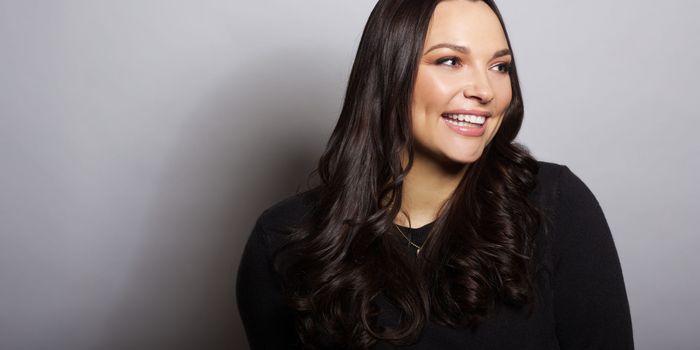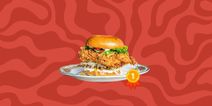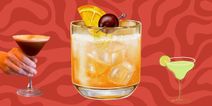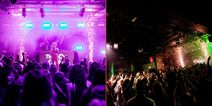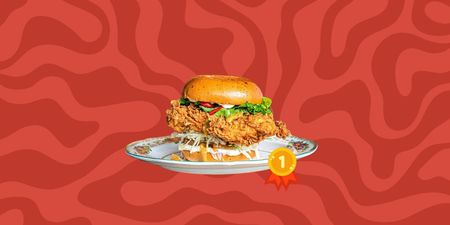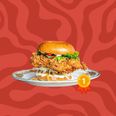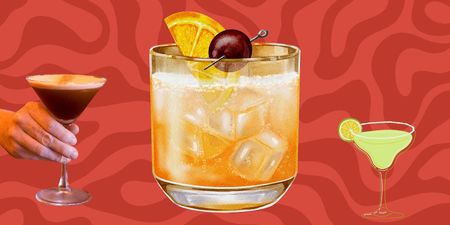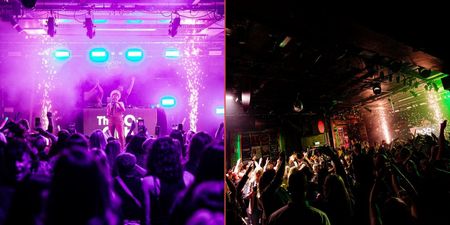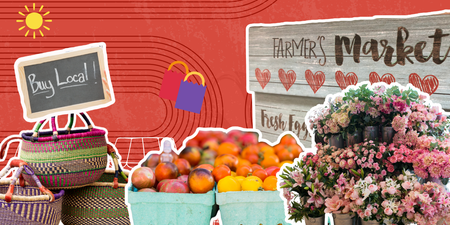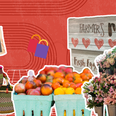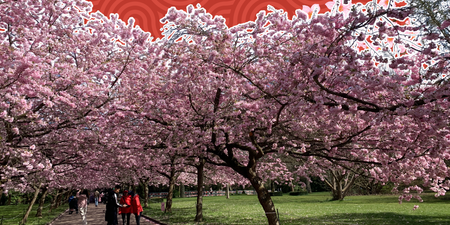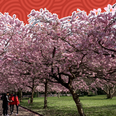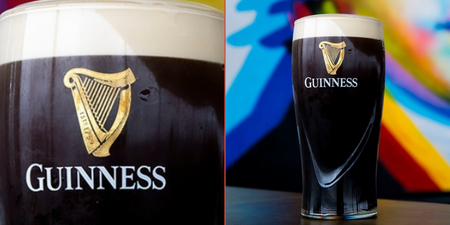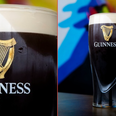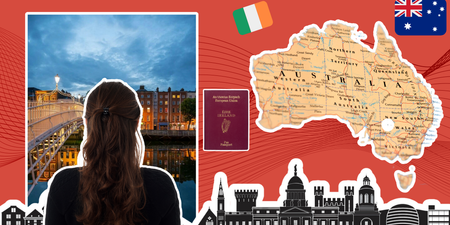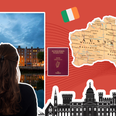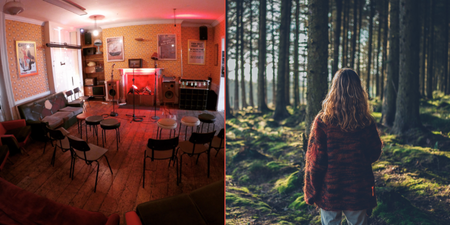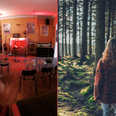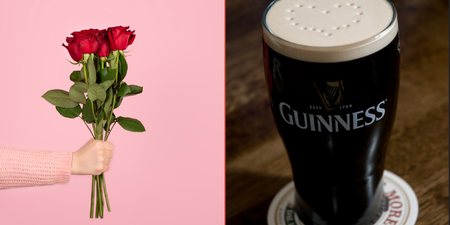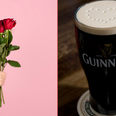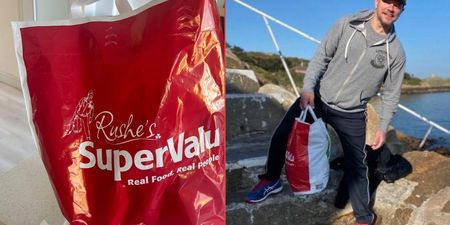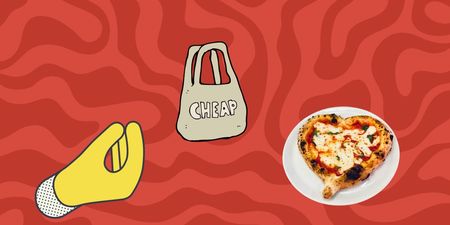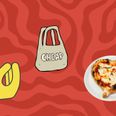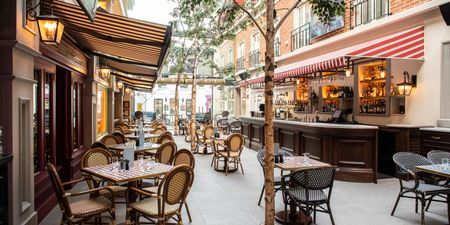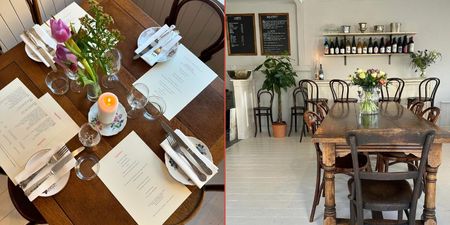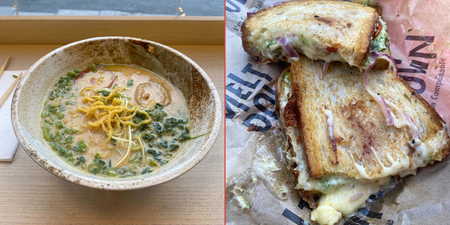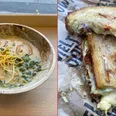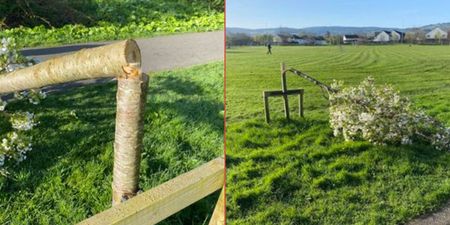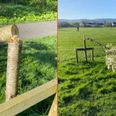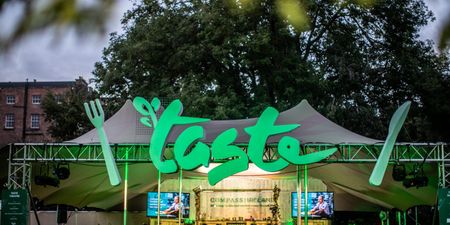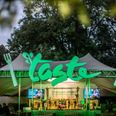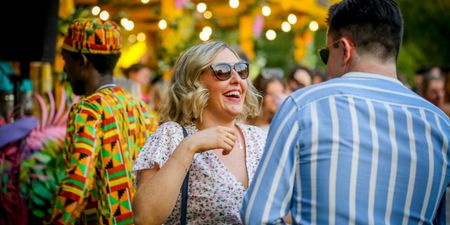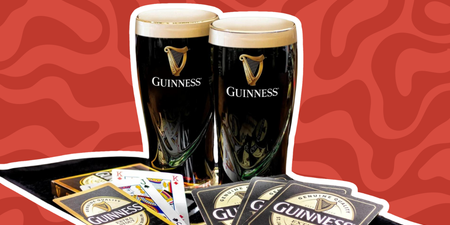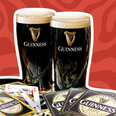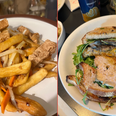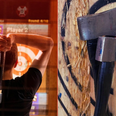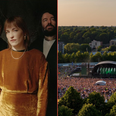‘Shelfie’ is a brand new series for book-lovers, that allows you to peruse the bookshelves of some of Ireland’s most interesting personalities and find out how reading has shaped their lives (as well as their top book recommendations).
Today, we catch up with Caitlin McBride on her daily reading habit and some of her favourite books. Caitlin is author of The Day That Changed My Life, a collection of stories of Ireland’s women and the extraordinary moments which transformed their lives. Caitlin is also Executive Editor at Independent.ie.
What’s your first memory that involves reading?
Do you know a memory that feels so vivid you can still smell it? That’s what comes to me when I remember visiting my local library as a kid. I grew up in Long Island, New York (before moving to Ireland in 1999 when I was 12) and I can remember Port Washington Public Library so clearly. It felt like a labyrinth as a child, but as an adult of course, it was just like any other building. I was always happy there. On a recent visit back to New York, we walked past the library and I got the same warm and fuzzies I did as a child.
Do you have a favourite reading chair?
I have a favourite reading couch! My fiancé Guy and I just purchased our first home a few months ago, so we’re still working on finalising the decorating process; but for now, it’s our love-seat couch in a little nook area we’ve created downstairs. It’s in the middle of an open plan downstairs, with the kitchen (Guy’s domain) to my right and the sitting room to the left, so it’s right in the middle of the action. There’s only two of us so it’s this little oasis of calm amidst the chaos.
When do you read?
If you asked me this question a month ago, I would have said exclusively at night-time! Reading sends me to sleep satisfied. I tend to use the Kindle app on my phone (I know, sleep experts are horrified); but obviously given recent events, I read whenever I want because time is no longer the valuable currency in our lives. Like everyone, I’m trying to think positively during this pandemic and so I’m reserving my reading for anytime, anyplace – and I’m more conscious of what I’m reading. I’m currently re-reading autobiographies that make me laugh, like Tina Fey’s Bossypants and Amy Poehler’s Yes Please.

Favourite book of all time
1984 by George Orwell. I think the first time I read it was when I was studying English in college and I have read it so many times since. The picture he paints is so vivid, and it was the first time I recall feeling fully transported into another world. I put it down and wanted to read it again instantly. When the world returns to normal, I’m hoping to acquire a reasonably priced first edition for our shelves.
Can you tell us about a book that has had a big impact on you and why?
This was the trickiest question! There have been lots of books that impacted me in different ways over the years – looking back, books like The Babysitter’s Club and Harriet the Spy were hugely influential to me as a child.
But most recently it’s probably the Handmaid’s Tale. I’d never heard of it before the 2016 US election when Donald Trump was elected president, but I saw it return to the number one best-seller’s list and it sounded fascinating. Dystopia is my favourite setting in books (and film and TV), but Margaret Atwood’s foresight into women’s oppression from 1985 is mesmerising. It Can’t Happen Here by Sinclair Lewis, which was first published in 1935, is also amazing. It can drag on in certain parts, but I promise it’s worth it.

Current recommendations?
Can any Irish writer (or reader) not recommend the ‘I’m a Complete Aisling’ series? It’s the best thing I’ve read in ages. I ghost-wrote a book a few months before signing on for The Day That Changed My Life; so, by the end of 2019, I needed a break from reading because it had blurred the lines between work and leisure. I’m basically two years behind on everyone else’s reading list! However, I recommend: How to Murder Your Life by Cat Marnell, All The Light We Cannot See by Anthony Doerr, and The Girls by Emma Cline.
You write full-time to quick deadlines, but how did you find the process of writing a book?
I think it was definitely beneficial that I’m so used to working to daily deadlines as a journalist that I knew what to do – and how to do it – in order to reach my deadline on time. It was also a different type of book and my style of writing was different. I think people tend to be a bit cautious when speaking with journalists; but with this book, everyone was so open and honest. It made it a joy to put together.
I start work at 7am and finish at 3pm, so every afternoon and evening were spent writing, editing, or transcribing. I treated it like a business. I’m not ‘an artiste’ and I know what it’s like to have someone miss a deadline, or miss the angle of a story, so I didn’t want to cause that stress for my publishers. I’m a better writer from it – my editor Emma Hargrave always had compassion with her edits, so I learned a lot without it breaking my spirit. I’m an exponentially better writer in my day job too because of what I learned writing The Day That Changed My Life.

It was by no means an easy feat, though: I put my life on pause for a year to do it, I postponed my wedding, I gained around two stone, I missed a lot of milestone occasions of loved ones.
I believed in it though, and thankfully so did the women who appeared. I just need a prolonged break before the next one, though!
What inspired the idea for The Day That Changed My Life and hinging a story on one life-changing moment?
I was reading a magazine and in it, someone being interviewed described an experience as being the day that changed their life. I took a picture of the interview on my phone because it was the first time in a very long time that I’d read something that made me pause; especially something that was a throwaway comment. Is there a moment that changes all our lives?
It turns out, yes. I always thought it would make for an interesting book and I was becoming increasingly frustrated with the lack of women’s content. Post-MeToo, I found things to be too earnest or not earnest enough, whereas I knew I could do something to tell stories in a way that I would be proud. I wanted to tell varied stories from all different types of women – some I knew, most I didn’t, and do them proud. It covers everything from domestic abuse to winning world championships to becoming a mother for the first time; all these amazing things that make women… well, amazing.
Lead image courtesy of Emily Quinn.
